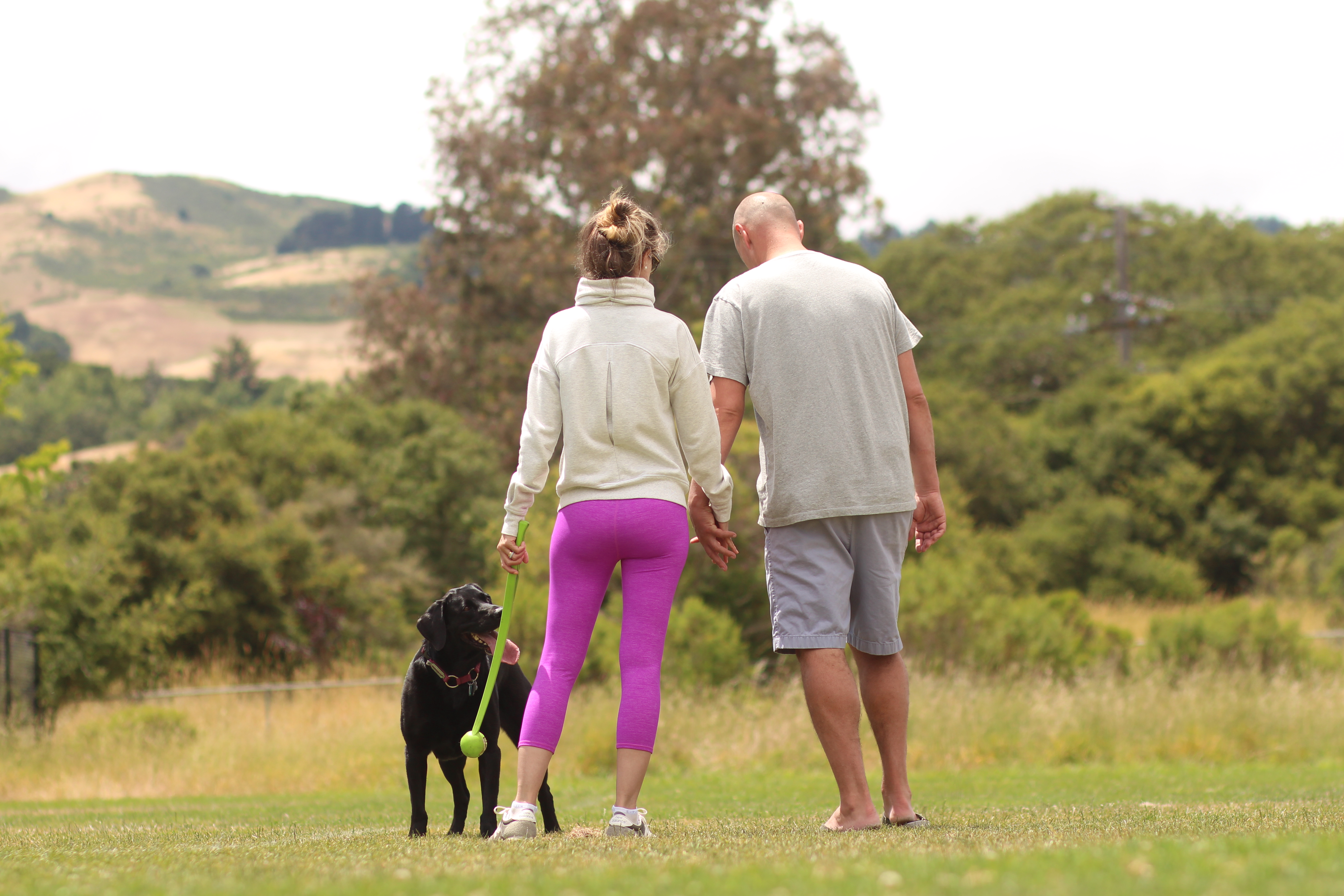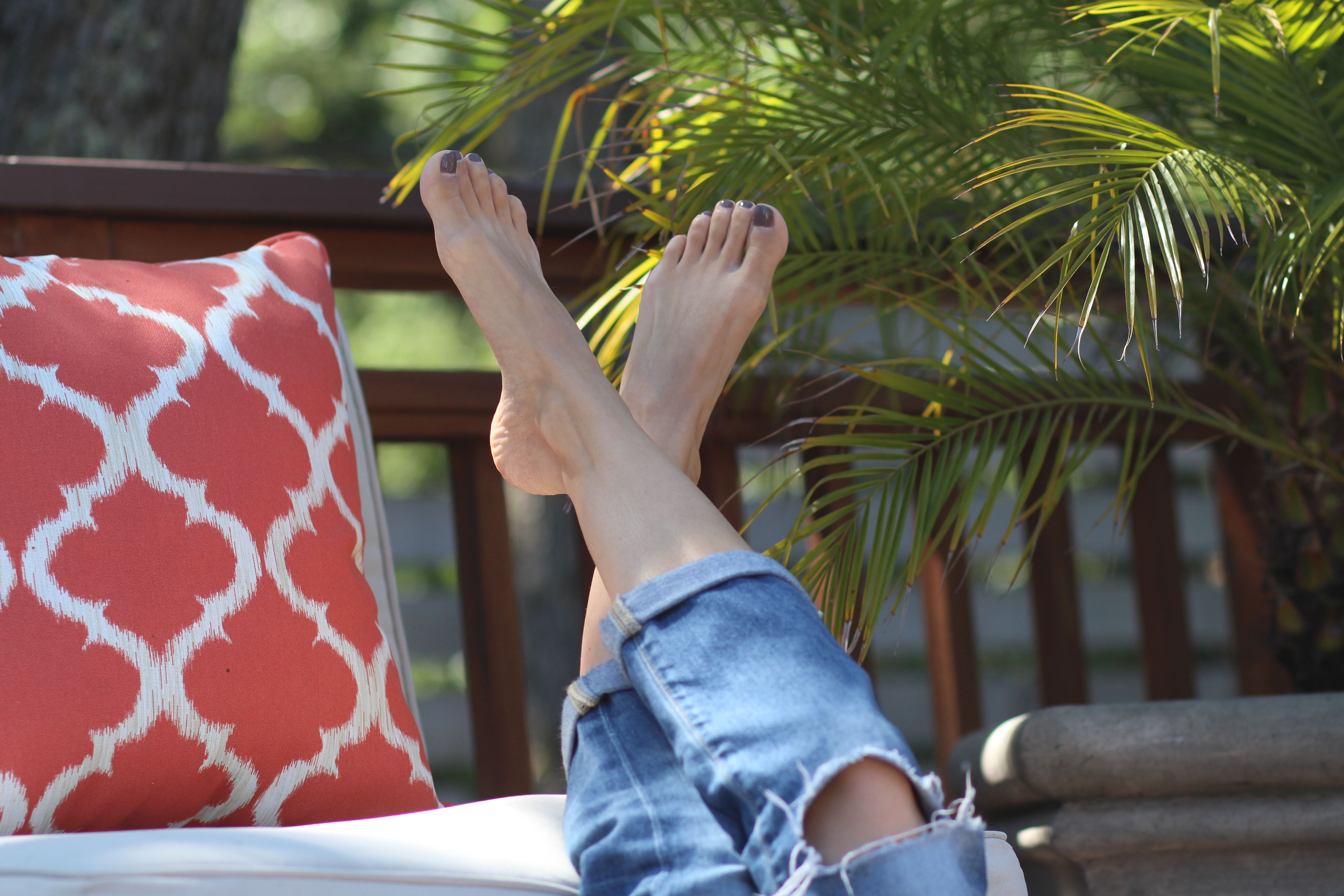Before I excite you about how awesome it is for my husband to be married to someone with a chronic illness, let me paint a lovely (insert sarcastic voice) picture for you…
Freshly engaged, with marriage on the horizon, I wanted to revisit my old diagnosis, and check with a doctor about pregnancy. “Autoimmune diseases usually suppress themselves with pregnancy, and since you are supposed to be in remission, you should be fine”, my neurologist said.
Little did we know that my body wasn’t necessarily in remission (story for another time), and that I would go into a physical flare after my first pregnancy, and even worse, a physical crisis after my second. Back-to-back pregnancies were detrimental for my body. A year into the life of our first child, I knew the physical struggles I was experiencing were more than just sleep deprivation. In the months following our second child’s birth, my physical struggles began to take over. The weight on my already thin body started to fall off. I dropped from a healthy 120lbs (pre-children) down to 95lbs. My hair started to fall out in clumps, “chemotherapy size clumps”, as one doctor described it. I could see a heart beat in my stomach, and I could barely get off the sofa without having black spells.
I was seriously winded all of the time, and just getting both children dressed was enough for me to lay right back down. Getting our children to the corner store for milk, became my biggest outing. During this time, my children never saw the inside of Target with me, nor did I take them to parks and playgrounds like many other children their age. It was too much. Some friends scoffed at my situation, “oh, you just can’t mentally handle taking your children to Target”. But I was too fatigued to lift my arms without feeling like I was carrying cement-filled buckets. Somehow, my frail 95lbs felt like a 2-ton elephant on tranquilizers. And somehow through all of this, I was supposed to keep our family afloat, as many stay-at-home mothers do.
Looking back at this period. This was an awful introduction to motherhood for myself, fatherhood for my husband, and parenthood for us. I cannot help but think about what this phase was like for my partner. The main question through all of this, was…what is it like to be married to someone with a chronic illness?
And with that, I decided to interview my husband.
Q: What it is like to be a married to someone with a chronic illness?
Challenging.
Q: How so?
Invisible chronic illnesses are tough to understand. You have to exert a ton of patience, and you have to learn to become more understanding, and empathetic towards someone who looks normal and healthy on the outside, but doesn’t feel physically normal and healthy on the inside. I didn’t understand why you weren’t okay with me being gone long days at work, or why you wanted me to stay home on the weekends.
Q: What is it like to co-parent with someone with a chronic illness?
Just as challenging.
Q: How so?
Because you have to constantly think about how you can make your partners life easier, which puts more of a physical workload on me. I often try to cut workdays short and sacrifice plans outside of the home.
Q: How did you feel when your wife’s condition was at its worst, and when she was bed-bound at times?
Frustrated.
Q: How so?
Frustrated because I did not understand why you could not get out of bed, you looked so normal on the outside, I couldn’t understand how this could be a physical issue. I was also scared.
Q: Why were you scared?
I was scared because I didn’t know a whole lot about your condition, and I didn’t know if you were going to get better or worse because at the time, treatment was not working.
Q: Why didn’t you know a lot about her condition?
Because I was in denial and didn’t want to research things.
Q: How do you support your wife now?
Whatever you need. I often try to think ahead, and opt to put a lot of the physical burdens of parenting on my shoulders.
Q: How so?
I come home from work early, and I try to work from home. I also take our children to do activities like hiking, biking and swimming. Since many of these activities make you extra tired, so I try to do these by myself with the children, so that you can stay home and rest, or do chores at home while we are out. I also cook dinners, and clean the kitchen after many of our meals.
Q: Do you wish things were different?
Never thought about it.
Q: Why?
Because things are the way they are. I may not have envisioned this would be our life, but this is the life we have.
Q: What is some advice that you would give to someone’s spouse or partner who is dealing with a similar situation as you?
Take lots of deep breaths. Research and educate yourself about the disease or condition. Speak to a professional. Seek therapy as a couple as well. Communicate with your partner about your concerns, and your needs too.
Q: What would you do differently (when your wife was at her worst), if you knew what you knew now?
I brushed things off in the beginning, I closed off emotionally, and my frustration made things worse. I would have done more research to understand the details of your condition in the beginning, and I would have seen a professional sooner.
Q: What made you see things differently?
Having my own recent health issues has opened up my point of view.
Q: Would you be open to using this topic for my next blog post? “Daddy Isn’t Feeling Well?”
Perhaps…yes, perhaps!





